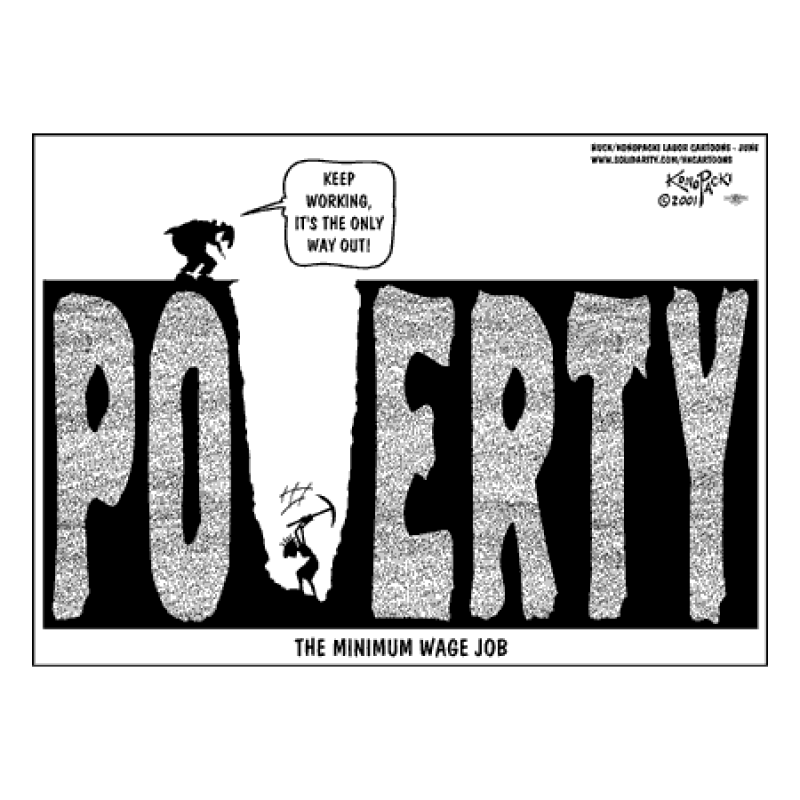Benefits, Work, and Poverty



Lynne Sladky/Associated Press
And because poverty is over, they say, we should impose lots of work requirements on Medicaid and food stamps, which would have the effect of slashing spending on these programs. Somehow a completely opposite reading of the facts leads to the same policy conclusion. Funny how that works.
But are benefits like Medicaid and food stamps really discouraging a lot of people from working? One way to answer that question is to look at who is receiving benefits without working. The White House analysis claims that many of those non-working adults could work; but I put a lot more trust in the Kaiser Family Foundation, which finds only a small number of potential workers among benefit recipients.
Anyway, another way to answer the question is to look at the international evidence. True, cross-country comparisons aren’t controlled experiments; but given how much Republicans like to talk about the “failing welfare states of Europe,” it might be worth asking whether prime-age adults are, in fact, a lot less likely to work in countries where benefits are far more generous than they are in the United States.
So here’s a chart, using OECD data, that compares in-kind benefits as a percentage of GDP with the employment rate for adults aged 25-54, for a selected group of countries:

On the other hand, high social expenditures do seem to be associated with low rates of poverty (measured using the international standard of half median income):





I think the poor should be put in prison.
No, you don't.
Or maybe... required to wear clown suits?
Recite the Pledge of Allegiance ten times before breakfast?
There MUST be some appropriate punishment! Being poor MUST be punished!
Locked due to seeder's suspension - he cannot moderate.
The storm has passed...
The Umpire has called an end to the rain-delay. The game may begin again.
You got suspended again?